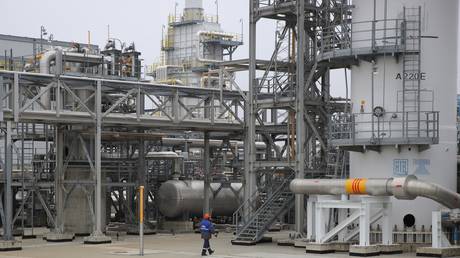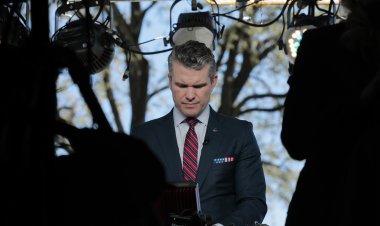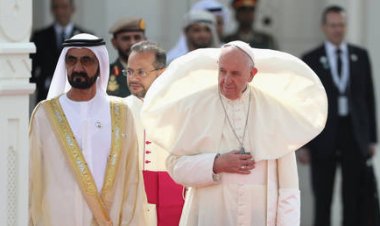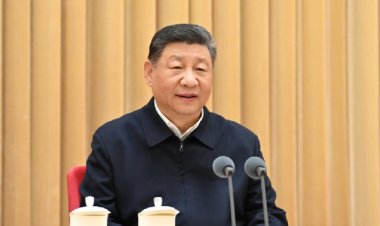EU could lose up to €1 trillion by cutting off Russian gas, says Moscow sovereign wealth fund
According to RDIF chief Kirill Dmitriev, the EU may face a loss exceeding €1 trillion because of the interruption of gas supplies from Russia.. source:TROIB RTS

According to Kirill Dmitriev, chief executive of the Russian Direct Investment Fund, the EU's cessation of Russian gas imports could result in a cost exceeding €1 trillion. Speaking at the Future Minerals Forum in Saudi Arabia on Thursday, he noted a substantial slowdown in the EU’s economic growth since halting Russian gas imports, contrasting it with the resilience of Russia's economy.
In response to heightened tensions from the Ukraine conflict in 2022, the EU made a concerted effort to diminish its dependence on Russian energy. While some member states opted to cease Russian gas imports voluntarily, others—such as Austria, Slovakia, the Czech Republic, and Italy—continued to receive gas until this month, when the flows stopped following Kiev's decision.
“Europe is suffering from not receiving Russian gas, with expected losses of more than €1 trillion,” Dmitriev commented. He has previously linked these losses to the elevated costs associated with liquefied natural gas, which the EU has increasingly imported to replace the Russian supply.
Dmitriev also mentioned that neither losing the EU as a gas buyer nor the sanctions aimed at destabilizing the Russian economy have significantly impacted it; instead, the EU has shouldered much of the economic burden.
“The Russian economy is in good shape, with growth expected at 4% by the end of 2024, while Europe showed 1% or less. If one looks at the overall attempts to limit the Russian economy, 4% growth does not look so bad,” he stated. He forecasted a possible slowdown in Russia’s growth to 2-2.5% next year but emphasized that the outcome would depend on the central bank’s monetary policies, which he described as “critical for the continued growth of the Russian economy.”
Despite the extensive international sanctions imposed on Russia in light of the Ukraine conflict over the last three years, many observers contend that the country's economy has adapted well. The International Monetary Fund recently raised its growth forecast for Russia in 2024 to 3.6%, while simultaneously downgrading the growth outlook for the euro area to 0.8%.
On the other hand, the EU has been grappling with slow economic growth and energy hurdles. The reduction of Russian gas supply has compelled member states to seek pricier alternative energy sources, leading to increased costs for businesses and households, straining manufacturing, and contributing to inflation. The European Commission has notably cut its growth projection for the Eurozone for 2025 down to 1.3%. Furthermore, Germany, the largest economy in the bloc, has reported its second consecutive year of contraction in 2024—the first occurrence of this in over two decades, as revealed by the federal statistics office Destatis earlier this week.
Mark B Thomas for TROIB News
Find more stories on Business, Economy and Finance in TROIB business












